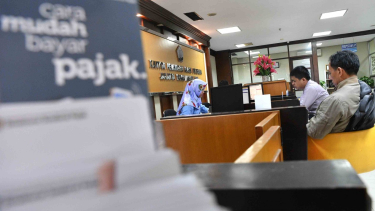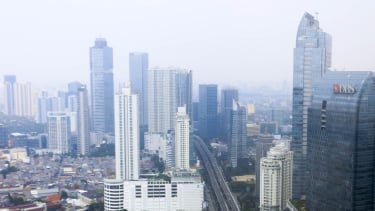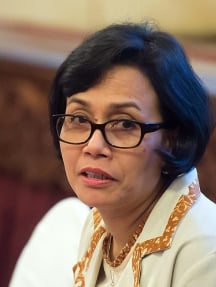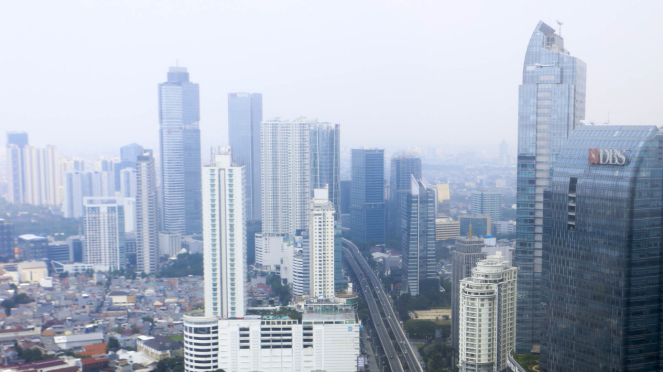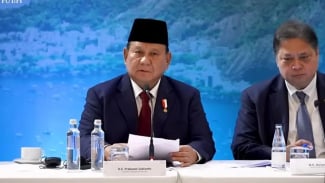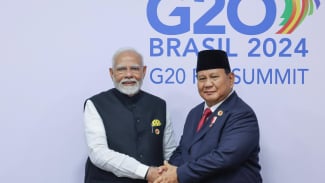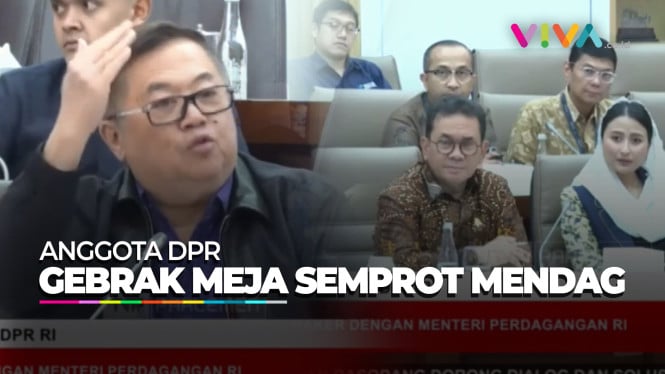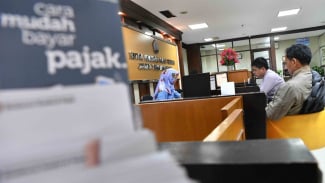An Economist Predicts Drop in Spending as VAT Hits 12 Percent
Jakarta, VIVA – An economist from the Institute for Development of Economics and Finance (INDEF) has cautioned the government about the potential impact of raising the Value-Added Tax (VAT) to 12 percent.
INDEF researcher Agus Herta Sumarto emphasized that the tax increase should not undermine public purchasing power.
"To raise our tax ratio, one way is by increasing tax rates, although there are other methods. However, the government must be cautious to ensure that this tax hike does not erode purchasing power," Herta stated, as quoted by Antara.
He explained that Indonesia, compared to G20 countries and several ASEAN nations, still has a relatively low tax ratio.
Therefore, he suggested that the implementation of the 12 percent VAT, scheduled for 2025, should avoid directly affecting the broader public’s purchasing power.
According to Herta, targeting products like electronics, fashion, and automotive goods is a reasonable approach since these are not primary goods essential to basic needs.
"This means the direct impact will primarily be on the upper-middle class, who have relatively higher incomes," he remarked.
Pertumbuhan Ekonomi Indonesia
- VIVA.co.id/M Ali Wafa
The INDEF researcher also predicted that the VAT increase might initially affect demand, especially at the start of its implementation.
However, since the primary consumers of these goods are upper-middle-class individuals, Agus argued that adaptation and adjustments in consumption patterns are likely to occur. In the medium to long term, consumption patterns are expected to normalize.
For context, Minister of Finance Sri Mulyani Indrawati announced that the plan to raise the VAT rate to 12 percent on January 1, 2025, would proceed as mandated by law.
The 12 percent VAT proposal is part of the Tax Regulation Harmonization Law (HPP), which was drafted in 2021.
At that time, the government took into account public health conditions and the basic needs of communities affected by the COVID-19 pandemic.
"This means that when we design tax policies, including VAT, it is not done recklessly or without consideration for other sectors, such as health, or even at the time, basic food needs," the minister emphasized.
